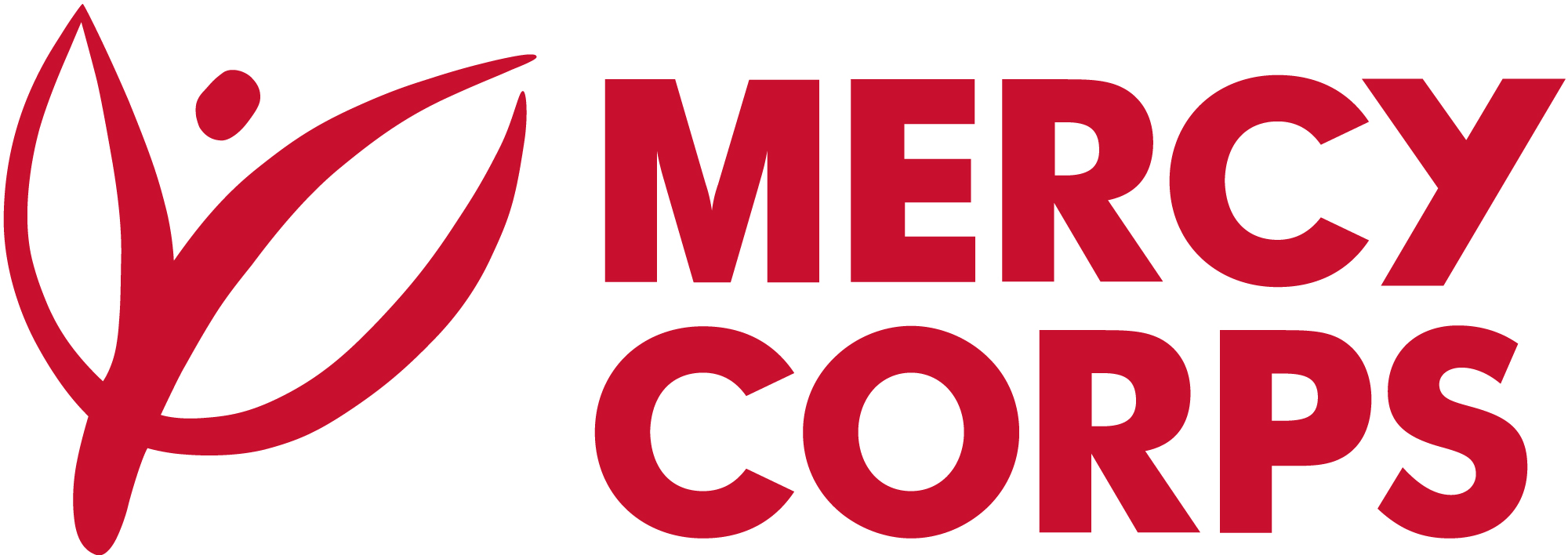
Bolstering Agriculture System’s Ability to Invest, Nourish, and Employ (BASATINE) is a 4 year programme that aims to develop a more sustainable local food system by working with farmers and individuals operating in the cereals, legumes and vegetables value chains in Bekaa and Akkar regions.

Bolstering Agriculture System’s Ability to Invest, Nourish, and Employ (BASATINE) is a 4 year programme that aims to develop a more sustainable local food system by working with farmers and individuals operating in the cereals, legumes and vegetables value chains in Bekaa and Akkar regions.
About the program
With the support of l’Agence française de développement (AFD), the Bolstering Agriculture Systems’ Ability to Invest, Nourish and Employ (BASATINE) will address food insecurity, provide needed income and technical support to Lebanese farmers and improve the capacity of agri-food systems to maintain employment and growth over the medium term. The programme was launched in November 2021 and will roll out until April 2025.
BASATINE is a consortium program that includes six NGOs with vast experience in agriculture and market systems development. The NGOs are: CARE (as lead), Mercy Corps (MC), Berytech Foundation, Georges N. Frem Foundation (GNFF), Lebanese Organization for Studies and Training (LOST), and Al Majmoua.
BASATINE will support farmers, seasonal workers, value chain associated sector actors and Small and medium enterprises (SMEs), and related value chain actors operating in cereals, legumes, and vegetables in Bekaa and Akkar regions. Value chains have been chosen to have the greatest positive influence on economic development and social harmony. Throughout the project’s phases, a full range of services will be implemented to ensure that farmers and market actors experience long-term changes. these services include:
- Provide emergency support to 3,500 farmers to maintain their production and employment by providing needed inputs, seeds, and technical support to secure their productivity in the coming seasons.
- Provide support to 156 enterprises that work across the cereals, legumes and vegetables value chains through technical, business assistance and in-kind grants to incentivize small, and medium businesses linkages with small farmers on market opportunities.
- Support the scaling up and commercialisation of local agricultural inputs.
- Improve access to market information to agriculture sector actors through the development of digital platforms and train targeted beneficiaries on digital literacy.
- Boost financial and investment skills of targeted farmers, aiming to develop financial products adapted to their needs (loans, guarantees, micro-insurance).
About the program
With the support of l’Agence française de développement (AFD), the Bolstering Agriculture Systems’ Ability to Invest, Nourish and Employ (BASATINE) will address food insecurity, provide needed income and technical support to Lebanese farmers and improve the capacity of agri-food systems to maintain employment and growth over the medium term. The programme was launched in November 2021 and will roll out until April 2025.
BASATINE is a consortium program that includes six NGOs with vast experience in agriculture and market systems development. The NGOs are: CARE (as lead), Mercy Corps (MC), Berytech Foundation, Georges N. Frem Foundation (GNFF), Lebanese Organization for Studies and Training (LOST), and Al Majmoua.
BASATINE will support farmers, seasonal workers, value chain associated sector actors and Small and medium enterprises (SMEs), and related value chain actors operating in cereals, legumes, and vegetables in Bekaa and Akkar regions. Value chains have been chosen to have the greatest positive influence on economic development and social harmony. Throughout the project’s phases, a full range of services will be implemented to ensure that farmers and market actors experience long-term changes. these services include:
- Provide emergency support to 3,500 farmers to maintain their production and employment by providing needed inputs, seeds, and technical support to secure their productivity in the coming seasons.
- Provide support to 156 enterprises that work across the cereals, legumes and vegetables value chains through technical, business assistance and in-kind grants to incentivize small, and medium businesses linkages with small farmers on market opportunities.
- Support the scaling up and commercialisation of local agricultural inputs.
- Improve access to market information to agriculture sector actors through the development of digital platforms and train targeted beneficiaries on digital literacy.
- Boost financial and investment skills of targeted farmers, aiming to develop financial products adapted to their needs (loans, guarantees, micro-insurance).
Our role in BASATINE
Implementing the Basatine program, Mercy Corps will aim to reduce dependency on imported goods by connecting local agriculture producers with local farmers.
- Providing capacity building, business support, technical assistance, coaching, and in-kind grants to 156 SMEs that work across the cereal, legume or vegetable value chains.
- Facilitating business linkages between farmers, key agri-food stakeholders and enterprises from the QOOT Cluster – Lebanon Agri-Food Innovation Cluster.
- Conducting assessments to ensure that research evidence on the agriculture sector in Lebanon is generated.
Our role in BASATINE
By Implementing the Basatine program, Mercy Corps will aim to reduce dependency on imported goods by connecting local agriculture producers with local farmers.
- Providing capacity building, business support, technical assistance, coaching, and in-kind grants to 156 SMEs that work across the cereal, legume or vegetable value chains.
- Facilitating business linkages between farmers, key agri-food stakeholders and enterprises from the QOOT Cluster – Lebanon Agri-Food Innovation Cluster.
- Conducting assessments to ensure that research evidence on the agriculture sector in Lebanon is generated.
With the Support of

Our Latest Stories
VOICES OF VULNERABILITY: A needs Assessment in Lebanon’s Akkar, Bekaa, and Southern regions
EXECUTIVE SUMMARY: Lebanon is currently experiencing a severe humanitarian crisis driven by a combination of factors, including decades of political instability, an economic collapse classified by the World Bank as one of the most severe globally in over 150 years,...
Cash in Armed Conflict – A Feasibility Assessment of Cash Assistance in Lebanon
Since September 2024, the escalation of hostilities between Israel and Hezbollah has caused the displacement of over 1 million people and large humanitarian suffering in Lebanon. The humanitarian response has prioritized distributing in-kind assistance to displaced...
Livelihood outcomes of multi-purpose cash assistance
Since 2019, the severe economic crisis in Lebanon has plunged a large portion of the population into poverty. Over the last decade, poverty has more than tripled, reaching 44% in 2022. Many families were forced to adopt negative coping strategies such as...




